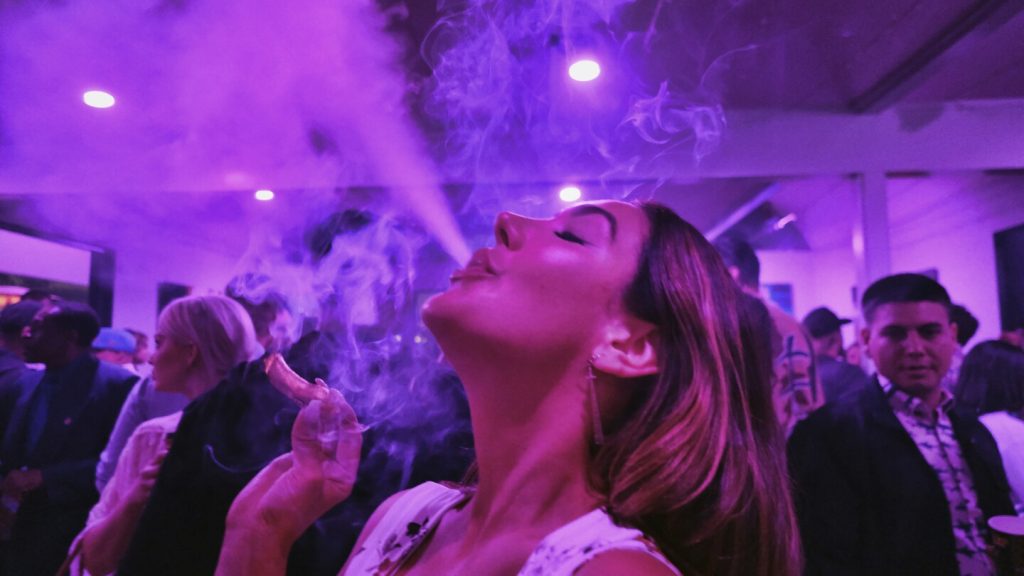Saturday marks the celebration of marijuana culture’s high holiday, 4/20, where college students gather at 4:20 p.m. in clouds of smoke, and pot shops in legal-weed states offer discounts to customers. This year, activists are reflecting on the progress of the movement, with recreational marijuana now allowed in nearly half of the states and social equity measures being implemented to benefit communities of color most affected by the drug war. The White House has also shown an openness to marijuana reform, indicating a shift in attitudes towards legalization.
The history of 4/20 dates back to the 1970s with a group of friends from San Rafael High School in California’s Marin County, known as “the Waldos,” who popularized the term. The group would meet at 4:20 p.m. at their school’s statue of chemist Louis Pasteur, smoke a joint, and search for a hidden cannabis crop in the woods. While they never found the crop, their use of the term “420” became widespread, and artifacts referencing it were preserved by the group. The term was officially added to the Oxford English Dictionary in 2017.
The spread of ‘420’ continued through the connection of one of the Waldos with Grateful Dead bassist Phil Lesh in the 1990s. Cannabis magazine High Times published a flyer promoting a 4/20 event, further solidifying the term’s association with marijuana culture. Celebrations of 4/20 often involve consuming marijuana, with events like the Mile High 420 Festival in Denver and Hippie Hill in San Francisco attracting large crowds in the past. Breweries like Lagunitas Brewing release special beers on 4/20, and vendors gather to showcase various products.
In terms of politics, the number of states allowing recreational marijuana has grown to 24, with additional states permitting it for medical purposes. Despite this progress, marijuana remains illegal under federal law as a Schedule I drug with no federally accepted medical use. The Biden administration has taken steps towards reform, including pardoning individuals convicted of simple possession and recommending reclassification of marijuana as Schedule III. Public support for legalization has also reached an all-time high.
Vivian McPeak, who founded Seattle’s Hempfest, reflects on how the marijuana industry has evolved over the years and acknowledges that there is still work to be done, particularly in supporting smaller growers and advocating for those still incarcerated for weed convictions. For the Waldos, 4/20 symbolizes a good time rather than a political statement, reminding them of a time when marijuana culture was secretive and furtive. While celebrating progress, activists are reminded of the work that still needs to be done to ensure equity and justice in the industry.


